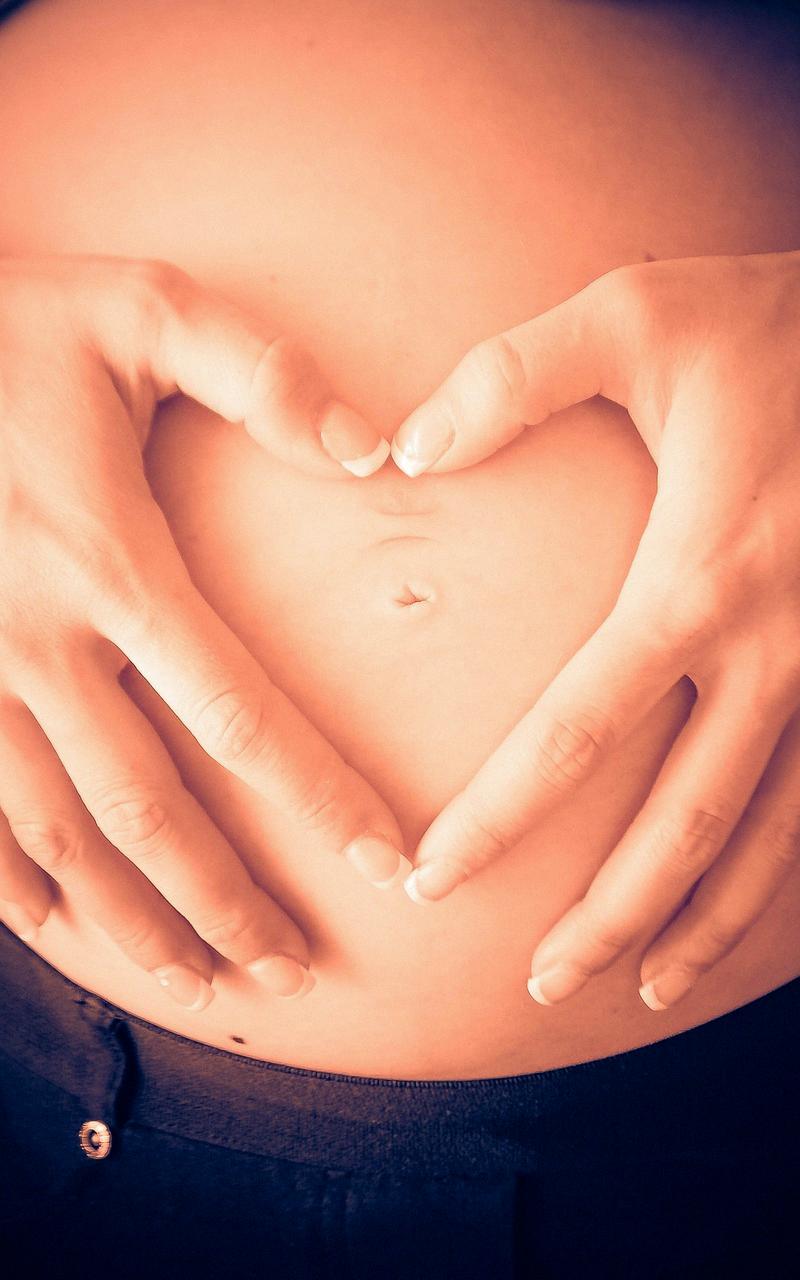At 11 weeks pregnant, a significant transformation is happening within your body. Your baby has transitioned from the embryo stage to the fetus stage, marking a crucial milestone in its development. As your little one continues to grow, so do the physical changes you may experience during this period.
Changes in Your Baby’s Growth
While your baby is not yet fully visible on the outside, major internal developments are occurring. At this stage, your baby is about the size of a fig or a Brussels sprout, measuring around 1.6 to 2.2 inches in length. Despite not being visible to the naked eye, your healthcare provider might be able to detect your baby’s presence through an ultrasound.
Physical Changes for Mom
Although your baby may not be visible externally, your body is undergoing numerous changes. Some women start noticing slight changes in their abdomen, commonly referred to as a “baby bump.” This bump can be more noticeable in women who are pregnant with their second or subsequent child due to the expansion of the uterine muscles.
Signs of Pregnancy at 11 Weeks
While your baby may not yet be visible, there could be signs that indicate your pregnancy. For instance, you might experience morning sickness, fatigue, or mood swings. Your breasts may also feel tender or appear fuller. These symptoms are all signs that your body is adjusting to the changes brought on by pregnancy.
Emotional Changes During Pregnancy
During the 11th week of pregnancy, you may find yourself experiencing a range of emotions. It’s normal to feel excitement, anxiety, or even a sense of overwhelm as you navigate the journey of growing new life within you. It’s essential to prioritize self-care and seek support from loved ones during this time.
Importance of Prenatal Care
Regular prenatal check-ups are crucial during pregnancy, including at 11 weeks. Your healthcare provider can monitor your baby’s growth and development, address any concerns you may have, and provide valuable guidance on maintaining a healthy pregnancy. They can also perform ultrasounds to observe your baby’s progress.
Diet and Nutrition During Pregnancy
Eating a balanced diet rich in nutrients is vital for both you and your baby’s health. During the 11th week of pregnancy, focus on consuming foods high in iron, folic acid, calcium, and protein. Stay hydrated, and consider taking prenatal vitamins recommended by your healthcare provider.
Exercise and Physical Activity
Staying active during pregnancy can help alleviate discomfort and prepare your body for childbirth. Engage in gentle exercises such as walking, swimming, or prenatal yoga. Consult with your healthcare provider before starting any new exercise regimen to ensure it’s safe for you and your baby.
Mental Well-Being and Stress Management
Managing stress and prioritizing your mental well-being is essential for a healthy pregnancy. Practice relaxation techniques, such as deep breathing or meditation, to reduce anxiety and promote positivity. Ensure you get ample rest and seek support from a therapist or counselor if needed.
Preparing for Parenthood
As you progress through your pregnancy, it’s natural to start thinking about parenthood. Use this time to bond with your partner, attend prenatal classes, and educate yourself about childbirth and infant care. Welcoming a new addition to your family is a monumental change that requires preparation and support.
The Journey Ahead
While your baby may not be visible at 11 weeks pregnant, the journey of pregnancy is a remarkable one filled with growth, transformation, and anticipation. Embrace each moment, seek guidance from healthcare professionals, and cherish the miracle of life developing within you. Remember, you are embarking on a beautiful path towards parenthood.

